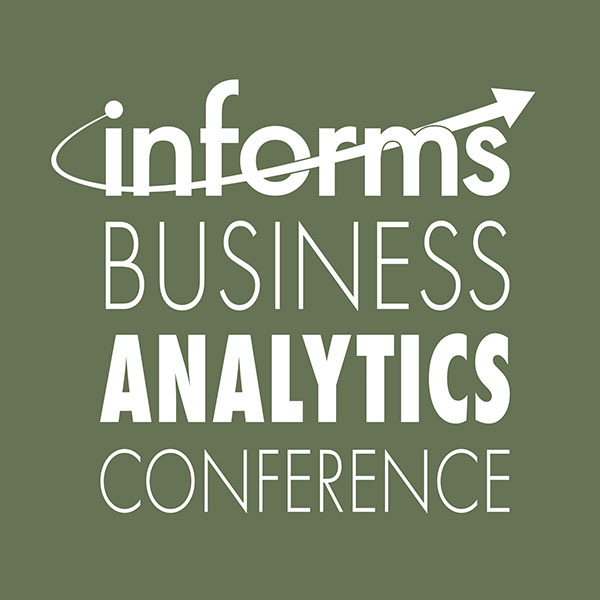
Olamide Jolaoso
Olamide Jolaoso
Head, Data and Analytics at Wema Bank
Olamide Jolaoso is the Head of Data & Analytics at Wema Bank Plc, focusing on the adoption of Artificial Intelligence & Machine Learning to solve business problems. He leads the data function at the bank including data management, governance, business intelligence and data engineering.
Olamide is a strong communicator & translator and leverages his banking experience to connect business objectives to possible Artificial Intelligence solutions. His experience centers on using domain business knowledge to develop applicable solutions with data science and analytics.
Prior to his current role, Olamide worked as the Head of Data Science and as a Product and Proposition manager with other organizations in the financial services industry.
He is a thought leader in Data Analytics speaking regularly at conferences globally.
Through his coaching programs, he is dedicated to assisting data aficionados in charting their data analytics career pathways.
He holds an Engineering degree from the Obafemi Awolowo University Ile-Ife and an MBA from the Lagos State University. He also has certifications in Artificial Intelligence, Advanced and Business Analytics from the University of Southampton, University of Cambridge, and PWC.
Track: Cloud Data
Sentiment Analytics in the Financial Services Landscape: The Highs and Lows
Modern Financial Services delivery has successfully incorporated Social Media as a tool for sales and marketing in today’s world. In Nigeria and the African landscape, banks and other financial institutions leverage Social Media such as Facebook, Twitter, and Instagram to engage and understand the behavior of their target audience and existing customers. Customers find it easier to engage via the social media handles of their banks to resolve issues and make inquiries. Negative posts on social media have affected some brands adversely with positive mentions also having a more desired outcome. This has necessitated organizations to understand and track in real-time the sentiments of their customers and the general public as it relates to their brand. Sentiment Analytics provides a useful avenue for solving this specific problem.However, adopting off-the-shelf solutions involves cost implications for firms that might be out of reach for smaller companies. This opens the opportunity for Data Analytics Teams in these companies to develop in-house social media listening tools. In my experience, I have led two separate teams in developing a sentiment analytics application with different outcomes. The first scenario saw the solution rejected by the business due to a data culture problem where the business team did not see the need for it. With the second team, adoption was better due to better engagement to secure the buy-in of the team before the solution was developed. While both solutions were developed based on high-quality standards, the case of having a defined data literacy and culture in place showed its huge importance in how the application was received in both instances. A bad experience from the first case could have deterred me from trying with the new team but I ended up using the learnings to better navigate the current landscape for the best ways of ensuring adoption. The positive experience has now evolved into the possibility of the sentiment tool being a revenue-generating product for the organization.

